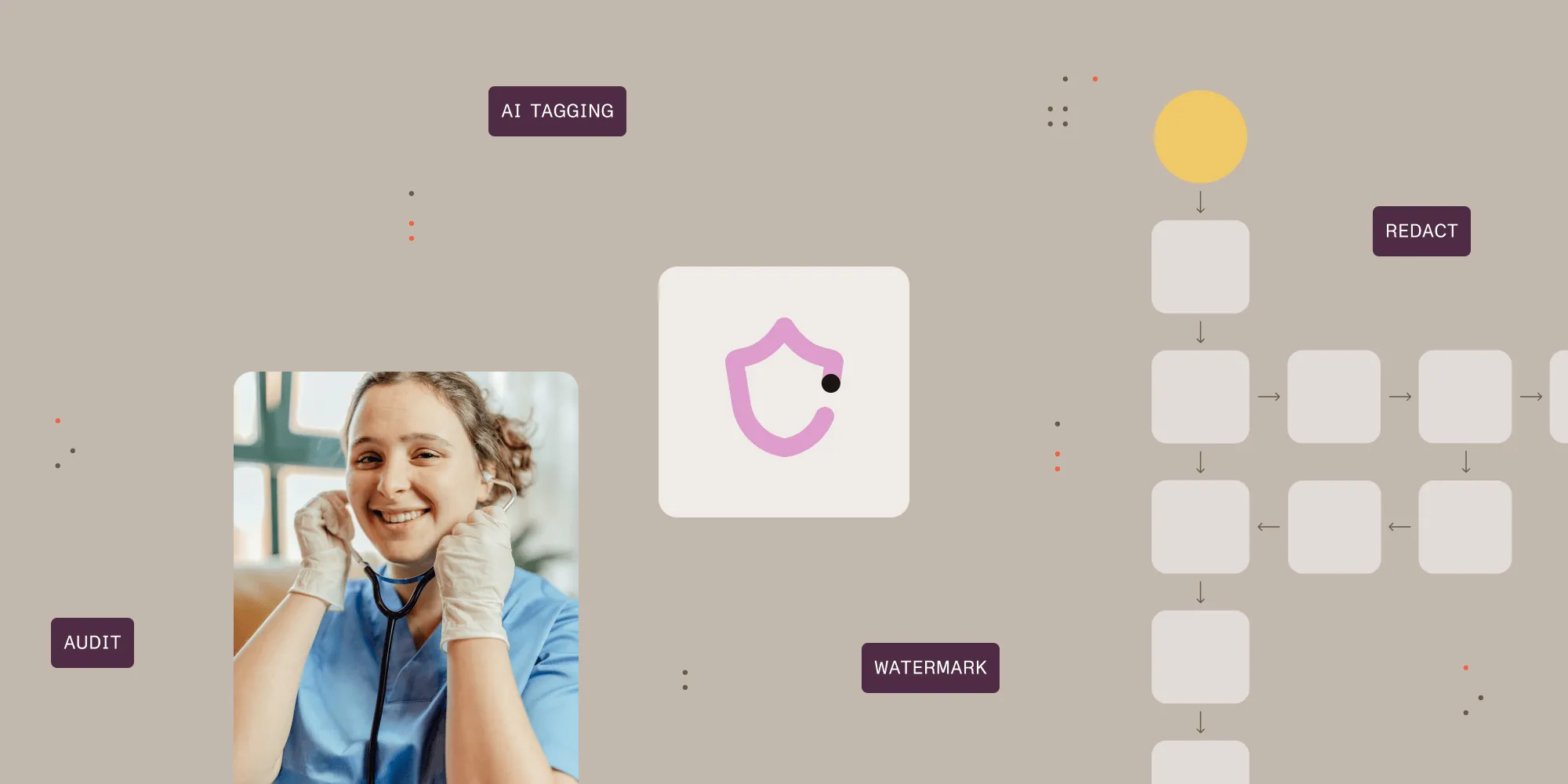Estimating OCR Conversion Processing Time with Autobahn DX

At Aquaforest we are often asked questions such as “I have 1 million documents I need to convert – how long will it take?” or “I need to convert 30,000 documents per day – how many servers will I need?”. This article gives a straightforward method that can be used to provide broad estimates for conversion times.
Step 1 – Scope the Conversion
The first step is to collect the following information about the conversion exercise and the processing options that are going to be used Document-Related Data
- Number of documents
- Average number of pages per document
- Image Color (Black & White, Grayscale, Full Color)
- Type of input file (TIFF, PDF …)
- Typical resolution (200dpi, 300dpi…)
- Typical page size (US Letter, A4, A3…)
- Typical text density Processing Options
- Auto-rotate
- Deskew
- Line Removal
- Despeckle
- PDF/A
- Compression
Step 2 – Estimating Complexity
OCR and compression on Step 1 a broad “complexity rating” can be assigned to the project by reviewing the guide below.
| Low | Medium | High | Very High |
|---|---|---|---|
| TIFF Image Source | |||
| 200 DPI | |||
| US Letter/A4 | |||
| Medium Text Density | |||
| Bitonal / Black & White Images | |||
| Deskew | |||
| Line Removal | |||
| PDF/A | PDF File Source | ||
| 300+ DPI | |||
| High Text Density | |||
| Grayscale Images | |||
| Auto-rotate | |||
| Bitonal Compression | Color TIFF or PDF Images | ||
| Large Format | Color | ||
| MRC Compression |
Step 3 – Estimating Pages per CPU Core Hour (PPCCH)
OCR and compression processing can be highly CPU-intensive so Aquaforest recommends using a high-performance server with Intel i5 or better processors.
| Complexity | PPCCH |
|---|---|
| Low | 3000 |
| Medium | 1500 |
| High | 900 |
| Very High | 600 |
Step 4– Determining how many CPU Cores can be used
Whilst the theoretical maximum number of CPU Cores that are available is Number of Servers x Number of CPU Cores per server there are a number of factors that will reduce this. Firstly, even if the system is largely dedicated for OCR use, it is recommended to leave at least 1 CPU Core available for non-OCR system use. In addition if other applications and services are running it is prudent to be conservative about the number of cores available. Secondly, by default Autobahn DX jobs will only use one CPU core. It is possible to increase this to a maximum of 10 cores (using the Cores setting in the Convert TIFF to PDF or OCR PDF Job Steps). Note that this assumes an Autobahn DX Multi-Core license is available. Another option that is less often used is the Threads setting which is intended for use with documents that have a large number of pages (200+) as it works by splitting the document into 2 or 4 chunks and processing each in parallel. Yes another alternate approach is to configure multiple concurrent jobs in Autobahn DX – ie have 2 or 4 jobs that can run in parallel.
Step 5 – Estimating Time Required
The number of hours required is
P / (PPCCH*C)
Where P=Number of Pages, C=Number of usage CPU Cores, PPCCH=Pages per CPU Core Hour For example : A medium complexity conversion job to process 500,000 pages with the job making use of two CPU cores : 500,000 / (1500 * 2) = 167 hours.







